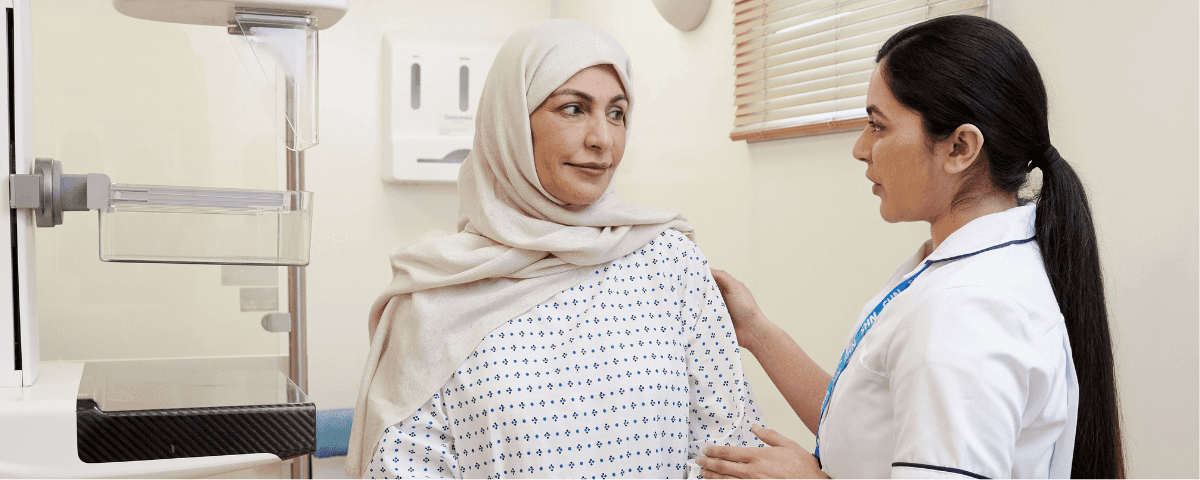
Many types of cancer are detected at a late stage, when treatment options are limited, and prognosis is poor. Being able to detect cancers earlier can increase treatment options and substantially improve survival. There is a pressing need for a paradigm shift in our ability to accurately detect and diagnose cancer at an earlier stage to transform health outcomes.
Our growing and ageing population means that more than half a million people will be diagnosed with cancer each year across the UK by 2038-40. This increase in patient need, plus welcome efforts to improve earlier diagnosis means we will need to do more tests in future.
Waiting times have increased and the services which deliver cancer tests are struggling to keep up with demand. Diagnostics is facing a range of challenges including workforce and capital, but there is also opportunity on the horizon with new service models and innovations in genomics and artificial intelligence.
With a UK General Election on the horizon, we have set out our recommendations to deliver change in A Full Diagnostic, outlining the current state of play on diagnostics in England and how we can address issues to deliver a world-class cancer service.
A Full Diagnostic (May 2024)(PDF, 1.97 MB)
See more about why early diagnosis is vital
Get in touch with our policy team to find out more information about our work and our policies.
Join the conversation and follow @CRUK_Policy for news, updates and opinion.
News, updates and opinion, posted weekly.